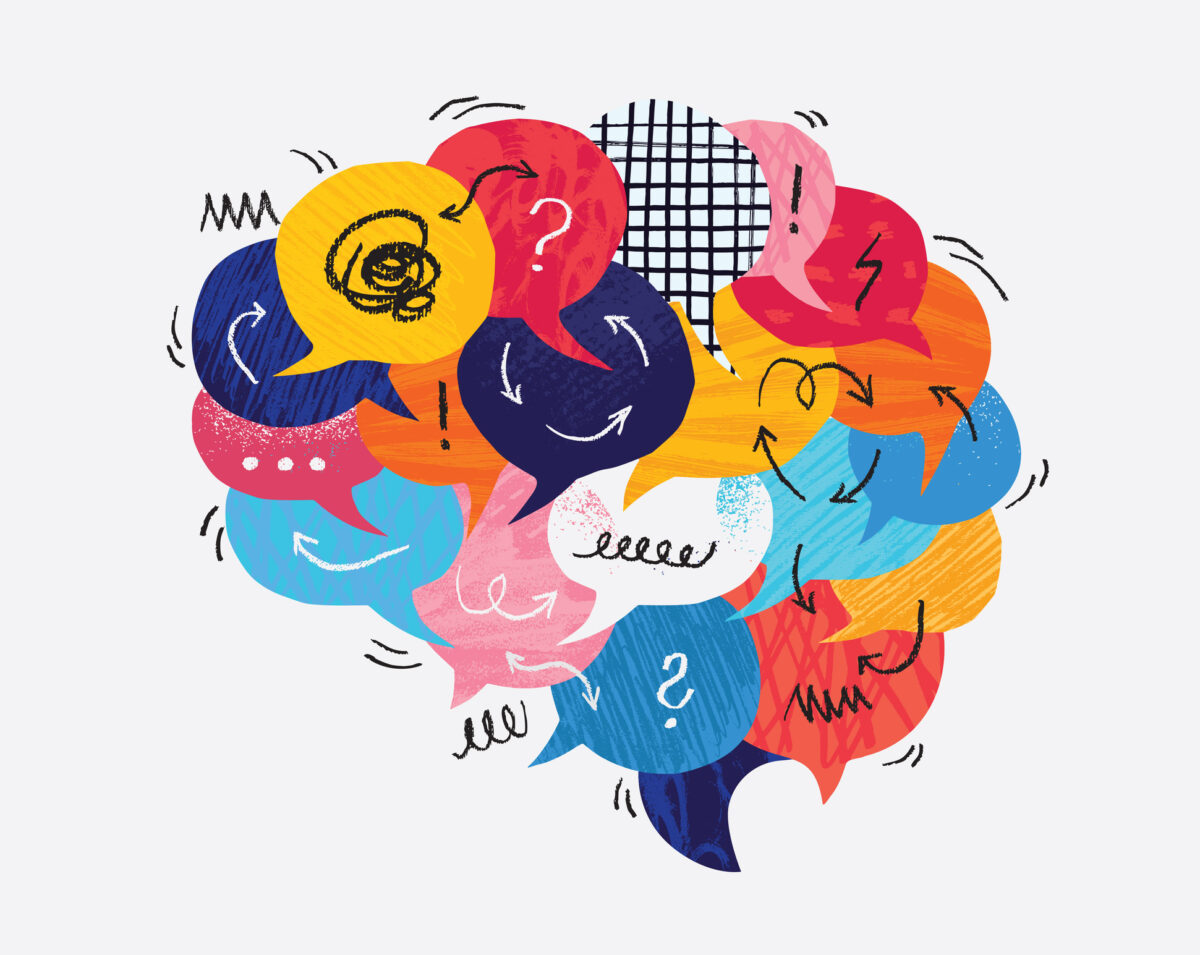Techniques to reduce chronic stress
By Jay Nachman
Chronic stress can create a cascading effect of medical challenges for older adults.
Professor and neuropsychologist Tania Giovannetti, Ph.D., studies psychology and cognition in older adults at Temple University. “Over a lifetime, people who experience a lot of chronic stress that never remits, or only infrequently remits, are at risk for a lot of problems that come along with aging,” she said.
Chronic stress can have what some call a “weathering” effect on health. This theory could explain the effects of chronic stress on health, as well as health disparities, Giovannetti said.
Certain groups of people may experience chronic stress due to low socio-economic status. “They don’t have the resources to get what they need or they may face discrimination in our society, which is incredibly stressful,” she said. “That kind of chronic stress has been proposed to explain a lot of health problems.”
This chronic stress can also speed up aging in bodies. And with aging, people became more vulnerable to a lot of chronic illnesses. These include arthritis, heart disease and diabetes.
Psychologically, chronic stress can put older adults in a state of heightened vigilance. This can lead to anxiety disorders. A common thread among different anxiety disorders is extreme and/or persistent fear or stress. These feelings often disrupt healthy functioning in work, school and social relationships.
A core reaction to an anxiety disorder is the avoidance of stress. “If you feel that you have too much stress, then you may seek ways of avoiding the stress or that feeling of discomfort,” Giovannetti said. “That avoidance over time can lead to maladaptive responses. Some anxiety disorders arise because the person avoids the experience of stress.”
Those responses can affect a person’s everyday functioning or feelings of happiness.
Anxiety disorders are highly treatable through behavioral interventions, such as exposure. When a patient faces a fearful situation or thoughts, this breaks the avoidance. For example, a person who has anxiety over needles may avoid having blood drawn. By doing so, the anxiety and fear grows. To treat the disorder, exposure to the fearful situation is coupled with relaxation techniques. A person faces the fear and a psychologist assists them in relaxing in the situation.
“They have to experience the stress that they feel,” Giovannetti said. “Anxiety disorders arise as we avoid experiencing the stress.”
Sometimes, the situation that is causing the stress is problematic or can’t be pinpointed. Then, a slightly different behavioral intervention is mindfulness. Exercises train the person to shift focus away from the uncertainty about the future and onto sensations and events in the present. Mindfulness might be best for people who experience:
- Generalized anxiety or chronic stress due to hardships with no clear fearful stimulus.
- Situations that are challenging and difficult to change.
Some medications can help with anxiety. But older adults need to have their medications carefully reviewed by their doctor. This is because some anxiety medications can cause memory impairment.
While long-term stress can be harmful, an optimal level of short-term stress can be beneficial. Short-term stress can boost a person’s attention and focus. This allows them to perform at their best and get things done quickly. Without stress, people can get bored and not be fully engaged with their lives. Managing your level of stress can improve your well-being and quality of life.
Letter to the Milestones editor: Mindfulness relieves stress
The stress article (Milestones, December 2024) hardly covered mindfulness. We are responsible for our thoughts and thus our reactions to the world. Mindfulness teaches awareness of departure from an aware state known as being mindful. It means being in the current moment, rather than worrying about the future or regretting of the past. The key is that practice teaches one to recognize when a departure from a mindful state occurs and to return in a non-critical way to the mindful state. This lowers stress.
The practices you mention do not get to the root but rather address the symptoms after the fact. Except to the extent that a healthy body will address health-related stress to some degree. The mind needs attention, too. And it will heal when in the right mode. Kindness, gratefulness, openness and faith can also heal the mind.
— Bob Scott, 73, Society Hill
Jay Nachman is a freelance writer in Philadelphia who tells stories for a variety of clients.




